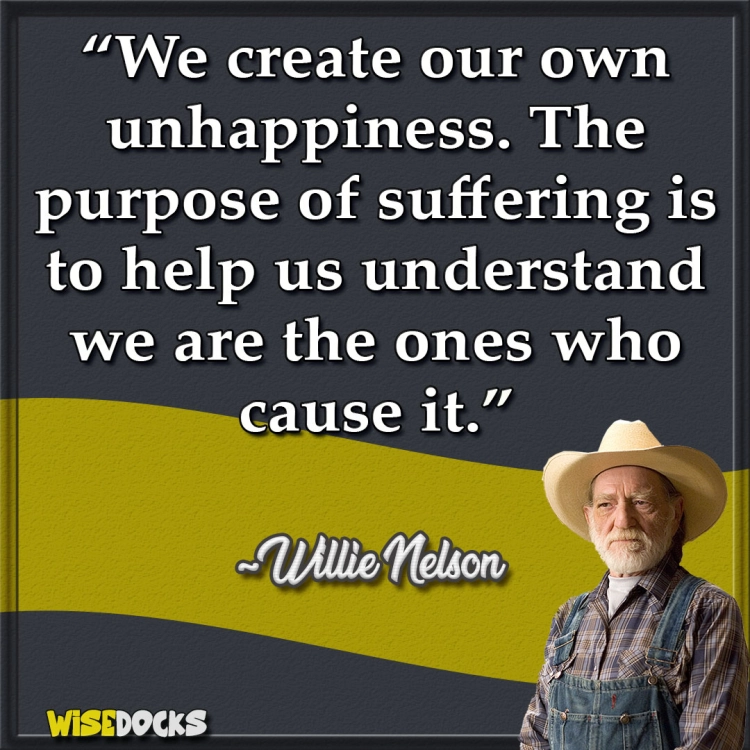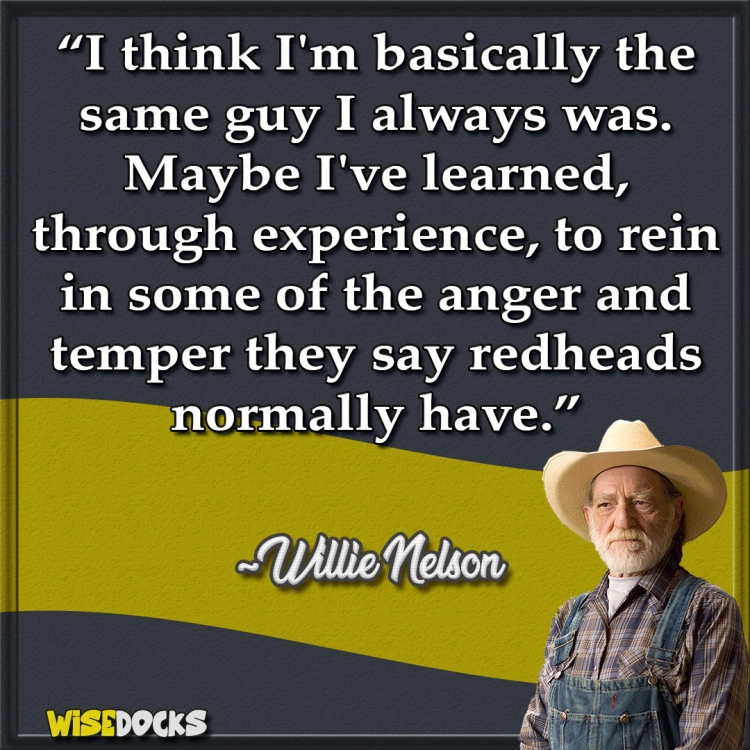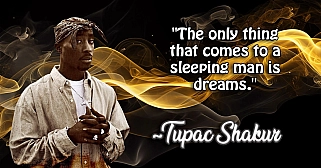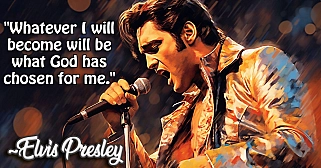Willie Nelson: A Legend of Country Music and American Icon
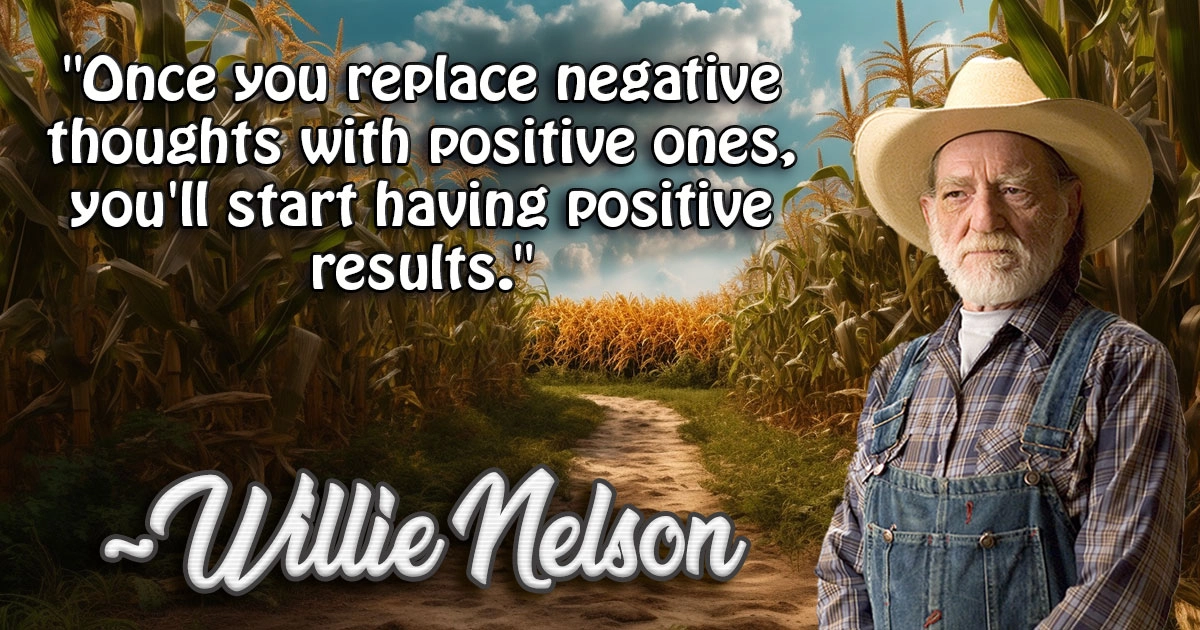
Willie Nelson
Willie Nelson is a name that has become synonymous with country music, rebellion, and cultural influence. Born in Abbott, Texas, on April 29, 1933, Willie Hugh Nelson grew into one of the most recognizable figures in American music, blending genres, advocating for social causes, and crafting an image that transcends generations. Nelson’s journey from humble beginnings to legendary status is a story of persistence, innovation, and an unwavering commitment to authenticity.
Early Life and Musical Beginnings
Willie Nelson was born into a family that struggled through the Great Depression. Raised by his grandparents after his parents separated, Willie grew up in a rural Texas environment steeped in hard work and strong values. His love for music was apparent from an early age. Nelson’s grandfather gave him his first guitar when he was six years old, and by the time he was seven, he had already begun writing songs. His musical influences ranged from traditional country, gospel, and folk music to jazz and blues.
Even as a child, Nelson displayed a deep connection to music, performing in local bands and singing at honky-tonks throughout Texas. In high school, Nelson played in the Bohemian Polka band, his first foray into performing for crowds. However, life during these early years was not easy. Financial struggles, personal challenges, and societal expectations weighed on Nelson as he pursued his dream of becoming a musician.
After finishing high school, Nelson enlisted in the Air Force in 1950, but his time in the service was short-lived due to health issues. Upon returning home, Nelson enrolled in Baylor University to study agriculture but soon dropped out to pursue his music career full-time. This decision would change the course of his life.
Struggles and Breakthroughs
Nelson’s early years in the music industry were challenging. In the 1950s and early 1960s, he worked as a radio DJ, performer, and songwriter, bouncing between small gigs in Texas and later Nashville, where he sought to make a name for himself. Despite his talent, Nelson struggled to break into the mainstream as a performer. His unconventional style, quiet vocals, and eclectic approach to songwriting didn’t fit the mold of the polished Nashville sound that dominated country music at the time.
However, Nelson found success as a songwriter. Some of his compositions became hits for other artists, including Patsy Cline’s “Crazy,” which became a massive hit and remains one of the most iconic songs in country music history. Nelson also wrote “Funny How Time Slips Away,” popularized by Billy Walker, and “Night Life,” which was recorded by Ray Price. These songwriting successes brought Nelson some financial stability, but his own performing career still lagged behind.
By the mid-1960s, frustrated with the commercial limitations of the Nashville music scene, Nelson returned to Texas. It was here, in Austin, that Willie Nelson would finally begin to come into his own as an artist.
The Birth of Outlaw Country
Nelson’s return to Texas in the early 1970s marked the birth of the “Outlaw Country” movement—a rebellious response to the polished, studio-produced country music coming out of Nashville. In Austin, Willie found a more accepting audience for his unique blend of country, folk, jazz, and blues. The city’s eclectic music scene, paired with Nelson’s own creative ambitions, gave rise to a sound that was raw, authentic, and deeply rooted in personal expression.
In 1973, Nelson signed with Atlantic Records and released Shotgun Willie, which is now considered one of the cornerstones of Outlaw Country. Though the album didn’t achieve immediate commercial success, it garnered critical acclaim and solidified Nelson’s position as an artist who refused to conform to Nashville’s expectations. His next album, Phases and Stages (1974), was a concept album that further pushed the boundaries of traditional country music.
However, it was the release of Red Headed Stranger in 1975 that truly propelled Nelson to superstardom. The album, a sparse and haunting concept album about a fugitive on the run, was unlike anything country fans had heard before. Initially, record executives were skeptical of its success, but it became a massive hit, with the single “Blue Eyes Crying in the Rain” becoming Nelson’s first number-one hit. Red Headed Stranger proved that Nelson’s brand of country music—introspective, gritty, and emotionally raw—had a broad appeal.
Willie’s Image: The Rebel and the Hippie
During this period, Nelson’s image also began to shift. He grew his hair long, sported bandanas, and embraced a more laid-back, hippie persona that contrasted with the clean-cut image of traditional country stars. This transformation was not just cosmetic; it reflected Nelson’s personal values and the cultural ethos of the time. He became an icon for counterculture movements, blending the freewheeling spirit of the 1960s with the hard-worn authenticity of country music.
Willie’s friendship with fellow Outlaw Country legend Waylon Jennings further solidified his status as a rebel in the music world. The two collaborated on several projects, most notably the album Wanted! The Outlaws in 1976, which also featured Jessi Colter and Tompall Glaser. This album became the first country album to be certified platinum, marking a major turning point in Nelson’s career.
By the late 1970s, Willie Nelson was not just a country music star—he was a cultural phenomenon. His music appealed to a broad spectrum of listeners, from traditional country fans to rock and folk audiences. His annual Fourth of July Picnics, which started in 1973, became legendary gatherings that celebrated music, freedom, and rebellion, drawing huge crowds and cementing Nelson’s place in American music history.
Acting and the Silver Screen
In addition to his musical career, Nelson also ventured into acting. His first significant role was in the 1979 film The Electric Horseman, where he starred alongside Robert Redford and Jane Fonda. His portrayal of a country singer named Wendell gave Nelson the chance to showcase his natural charisma on screen.
In 1980, Nelson starred in the movie Honeysuckle Rose, a semi-autobiographical film about a country music singer who struggles to balance his career and personal life. The film featured Nelson’s hit song “On the Road Again,” which became one of his most enduring songs and an anthem for the wandering, free-spirited lifestyle that defined his career.
Throughout the 1980s, Nelson continued to balance his music career with acting roles, appearing in films such as Barbarosa (1982) and Red Headed Stranger (1986), a film adaptation of his concept album. While Nelson never became a full-time actor, his roles in these films added another dimension to his already multifaceted career.
Tax Troubles and Resurgence
Despite his success, Nelson faced significant financial difficulties in the early 1990s. In 1990, the Internal Revenue Service (IRS) claimed that Nelson owed $32 million in unpaid taxes, largely due to mismanagement by his accountants. The IRS seized most of Nelson’s assets, including his homes and recording studios, in an attempt to recoup the debt.
In response, Nelson released the album The IRS Tapes: Who'll Buy My Memories? in 1992, with all proceeds going toward paying off his tax debt. Fans and fellow musicians rallied around Nelson during this time, and he eventually settled his debt with the IRS. Despite this setback, Nelson’s career remained strong, and he continued to release music, tour, and advocate for causes close to his heart.
Advocacy and Social Causes
Willie Nelson’s legacy extends far beyond music. Throughout his life, Nelson has been a passionate advocate for various social causes, particularly those related to farming, the environment, and marijuana legalization. In 1985, Nelson, along with Neil Young and John Mellencamp, co-founded Farm Aid, a benefit concert aimed at raising awareness and financial support for struggling American farmers. The first Farm Aid concert was a massive success, and the organization has since raised millions of dollars to support family farms and promote sustainable agriculture.
Nelson has also been an outspoken advocate for the legalization of marijuana. A long-time user, Nelson has argued for the decriminalization and regulation of cannabis, seeing it as both a personal freedom issue and a potential economic boon. In 2015, Nelson launched his own cannabis brand, Willie’s Reserve, which focuses on high-quality, responsibly grown marijuana.
His environmental activism extends to renewable energy as well. Nelson is a strong supporter of biodiesel, an alternative fuel made from renewable resources like vegetable oils and animal fats. In 2005, Nelson co-founded BioWillie, a company that promoted the use of biodiesel in trucks and other vehicles, further demonstrating his commitment to sustainable living.
Willie Nelson’s Legacy
As Willie Nelson has grown older, his legacy has only deepened. Despite facing personal and financial challenges, Nelson has maintained an extraordinary level of productivity, releasing dozens of albums, touring relentlessly, and collaborating with artists across genres. His voice, often described as rough and weathered, is instantly recognizable, and his guitar playing—on his beloved instrument “Trigger”—remains a key part of his sound.
Nelson’s impact on country music and American culture is immeasurable. He helped to break down barriers between genres, blending country, folk, jazz, and rock into a unique sound that resonates with fans across the world. His songwriting, characterized by its emotional depth and plainspoken honesty, has influenced generations of musicians.
Beyond his music, Nelson’s advocacy for farmers, the environment, and personal freedoms has made him a beloved figure not only in the music industry but also in the broader cultural landscape. His rebellious spirit, willingness to speak out on controversial issues, and unyielding dedication to his craft have cemented his place as an American icon.

